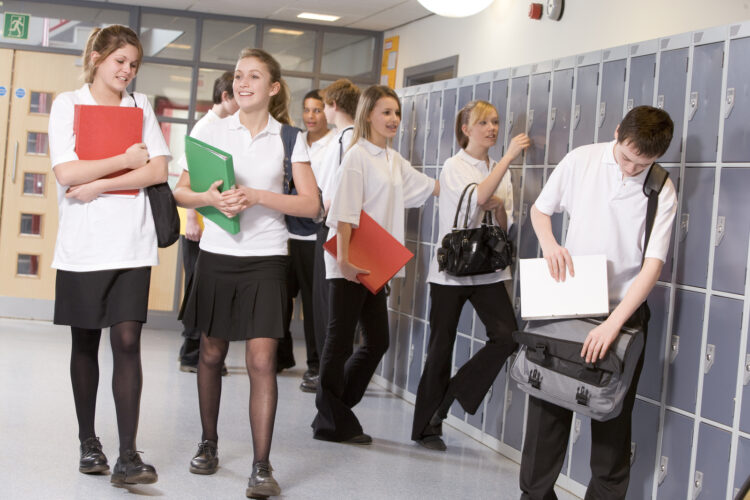By Gavin Mackintosh-
A new study by a none profit organization has found that many children in the UK are struggling with education during lockdown.
In fact, a fair proportion are lost with their work, and either get nothing done or seek help in getting everything done.
The study observed things like wellbeing, anxiety and home learning in a group of more than 62,000 pupils over a seven-month period between June and Christmas 2020.
It found that pupils in years 10 and 11 had experienced great challenges with motivation for learning, and this did not change when they returned to school after the first lockdown. This group also reported the lowest learning scores from June to November.
The researchers also concluded that 3 in 20 key stage 4 pupils regularly didn’t understand work set by teachers, while a quarter of pupils said they could not get help from family with questions about their school work. Forty per cent said they did not have a routine to help them learn at home, compared with 32 per cent of key stage 3 pupils and 31 per cent of those at key stage 2.
Pupils in years 13, 11 and 10 also had the lowest wellbeing scores.
Exams have been cancelled this year following the decision last month to partially close schools, and will be replaced with teacher assessments, but with no computer algorithm . Last year, a system of centre-assessment grades which were initially then recalculated by exam boards based on computer algorithm.
Motivation
The report recommended that teachers emphasise “intrinsic motivation for learning” as they navigate uncertainty around assessment arrangements.
Schools also identified a “real risk of lost children”, the report found. But pupils who struggled the most were not always those previously identified as vulnerable.
Vulnerable pupils with a social worker or health and care plan have been prioritised for school attendance during both periods of partial closure, along with the children of key workers.
The report recommends that schools aiming to understand pupil learning and wellbeing needs should look for “manageable ways to gather data from pupils themselves as well as from teacher observation”.
“Where possible, they should use validated measures to reliably identify pupils who struggled during lockdown and to assess the impact of support.”
The report also found that challenges posed by the pandemic were “overwhelmingly felt more” by pupils eligible for pupil premium funding.
Understanding
Only 45 per cent of these disadvantaged pupils said they understood their school work while learning remotely, compared with 57 per cent of non-disadvantaged pupils.
The research also found that 67 per cent of disadvantaged pupils said they were able to use a device when they needed to complete online work set, in contrast with 78% for non-disadvantaged pupils.
The 33 % of disadvantaged pupils or 22 % of non-disadvantaged pupils who cannot obtain a laptop device, simply go down the drain.
James Turner, chief executive of social mobility charity the Sutton Trust, said there was “no question that the pandemic is having a devastating impact on children and young people, not just in terms of their education, but on their wellbeing and mental health too”.
“The road to recovery will not be straightforward and will require a sustained and multi-faceted approach, focussed on those who have lost out the most. The recommendations in today’s report are a welcome contribution, giving schools practical guidance on providing targeted support for their pupils.”
The reality is that affected pupils will simply have to make up for the losses privately, or simply try and catch up later.




